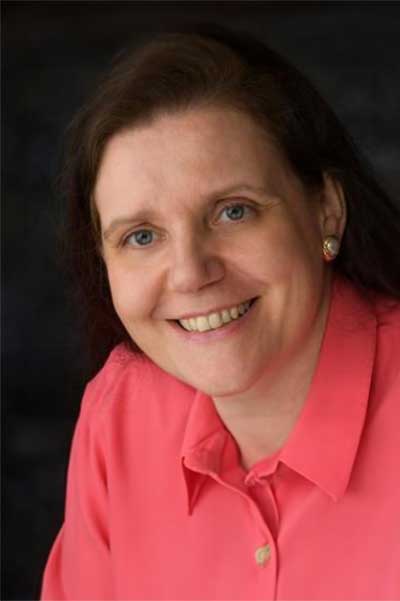Researchers have discovered that the immune systems of patients with rheumatoid arthritis (RA) lose self-tolerance and induce chronic destructive inflammation, yet identification of the mechanisms behind these processes has remained elusive.

Cornelia M. Weyand, MD, PhD, Professor of Medicine and Immunology at the Mayo Clinic College of Medicine and Science and Professor Emerita of Medicine, Stanford University School of Medicine, will explain how patients with RA get sick due to malfunctions in the mitochondria of their cells when she delivers this year’s Klemperer Memorial Lecture, “Rheumatoid Arthritis as a Mitochondrial Disease,” on Sunday, Nov. 12, at 2 p.m. PT in Room 11 A–B of the San Diego Convention Center. This session also will be available on demand within 24 hours for registered ACR Convergence 2023 participants.
“The immune system of a patient with RA is in a state of bioenergetic stress. The immune cells have a fundamental problem with how they generate bioenergy, and this lack of bioenergy leads them to malfunction,” Dr. Weyand explained.
Specifically, an accumulation of aged T cells in patients’ immune systems gives rise to inflammatory immune effector cells with high tissue invasiveness, produces copious amounts of inflammatory cytokines, and triggers tissue inflammation through pyroptotic cell death. Recent cellular and molecular studies have attempted to define the underlying mechanisms, revealing a critical position for mitochondria and cellular metabolism in abnormal immune effector cells.
According to Dr. Weyand, T cells in patients with RA contain defects in the electron transport chain and the Krebs cycle, leading to energy depletion and miscommunication with other organelles. A deficiency of mitochondrial aspartate triggers the expansion of endoplasmic reticulum membranes, fueling the hyperproduction of tumor necrosis factor (TNF) alpha, a crucial cytokine in rheumatoid arthritis.
For the previous 50 years of RA therapy, providers have traditionally suppressed patients’ immune systems with inhibitors to eliminate cell proliferation, which reduces inflammation. Dr. Weyand believes this strategy has ultimately prevented researchers and physicians from properly considering therapeutic methods that strengthen the immune system rather than weakening it.
“During the COVID-19 pandemic, it became clear that the anti-inflammatory and immunosuppressive medications we give our patients make them immunocompromised,” she said. “Immunology has taken a new direction, and the next horizon we are moving toward with RA is not to continue suppressing the immune system but repairing and strengthening it.”
Dr. Weyand will further expound upon the integration of immunometabolic pathways into the disease model of RA, how to recognize the ways cellular metabolism controls immune responses, the identification of intercellular organelles as regulators of immunity and autoimmune disease, and the potential use of metabolic interference as a novel immunotherapy for RA.

Registered ACR Convergence 2024 Participants:
Watch the Replay
Select ACR Convergence 2024 scientific sessions are available to registered participants for on-demand viewing through October 10, 2025. Log in to the meeting website to continue your ACR Convergence experience.
